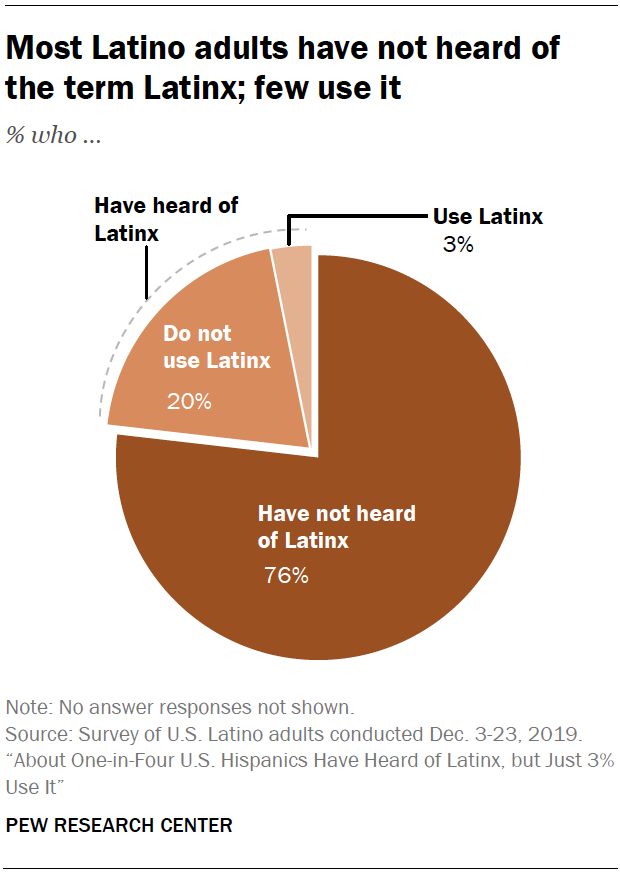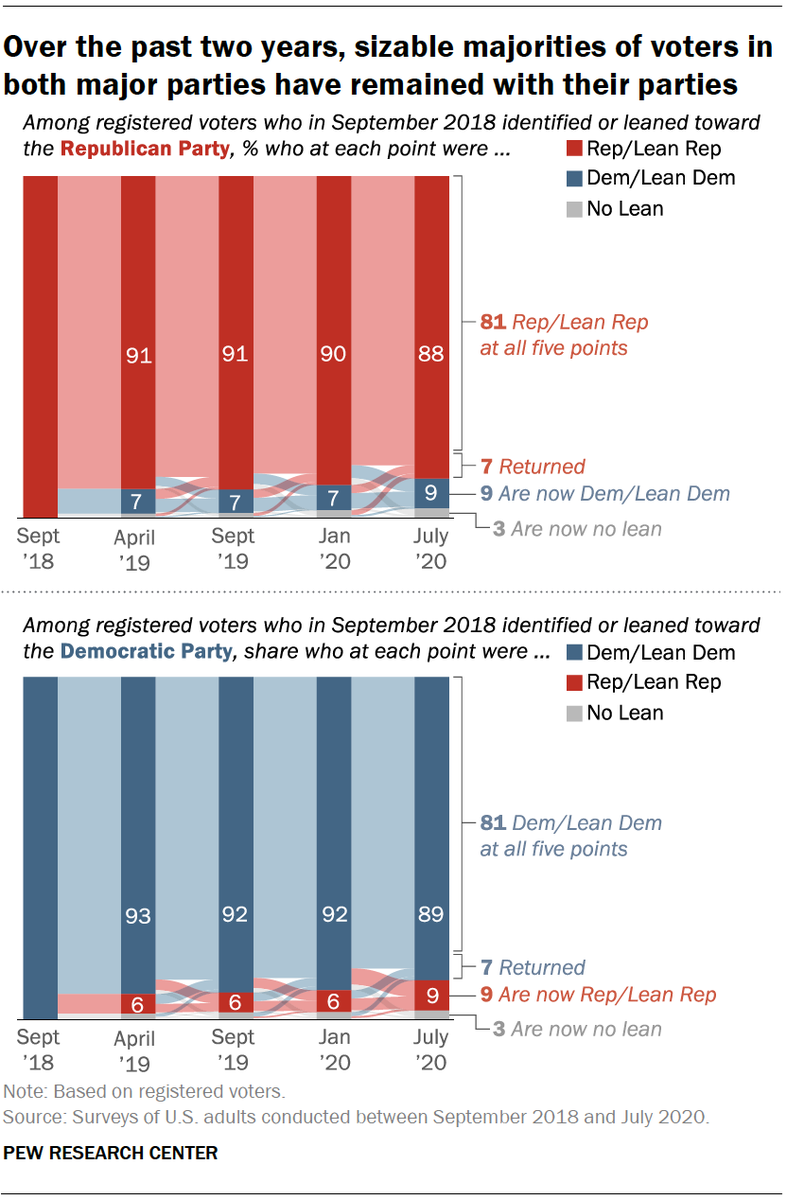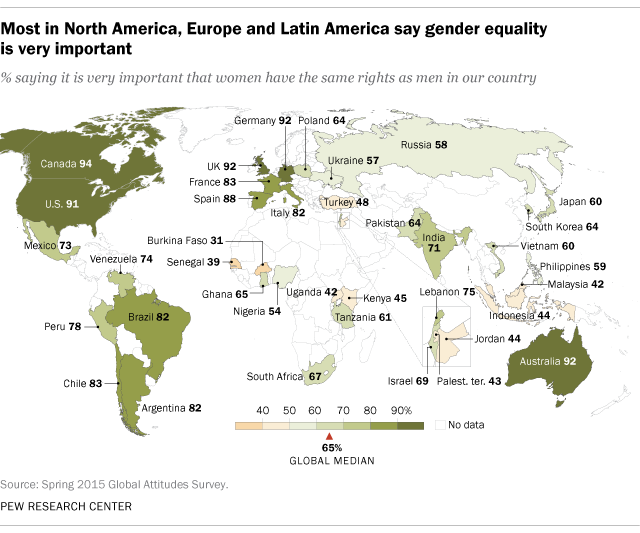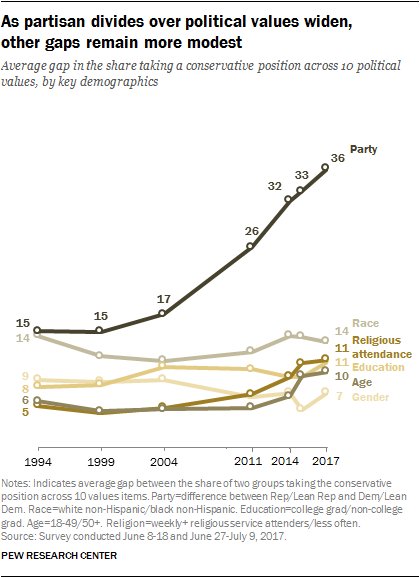
Nonpartisan, nonadvocacy data and analysis. Follow us on Instagram, Facebook and LinkedIn or subscribe to our newsletters: https://t.co/tawtYBr8Ef ✉️
How to get URL link on X (Twitter) App


 The growth from 2021 to 2023 was driven primarily by a rise in unauthorized immigrants with some protections from deportation — including asylum seekers, parolees, and those with TPS or DACA.
The growth from 2021 to 2023 was driven primarily by a rise in unauthorized immigrants with some protections from deportation — including asylum seekers, parolees, and those with TPS or DACA. 





 Arab Israelis are less likely than Jewish Israelis to think Israel will succeed in achieving its war aims (38% vs. 76%) and less optimistic when thinking about the future of the country’s national security (21% vs. 63%).
Arab Israelis are less likely than Jewish Israelis to think Israel will succeed in achieving its war aims (38% vs. 76%) and less optimistic when thinking about the future of the country’s national security (21% vs. 63%).
















 Awareness of the term Latinx varies across Hispanics – young Hispanics, those with college experience, those born in the U.S. and those who predominantly speak English are the most likely to have heard of it. 2/ pewrsr.ch/2F9F7AB
Awareness of the term Latinx varies across Hispanics – young Hispanics, those with college experience, those born in the U.S. and those who predominantly speak English are the most likely to have heard of it. 2/ pewrsr.ch/2F9F7AB 







